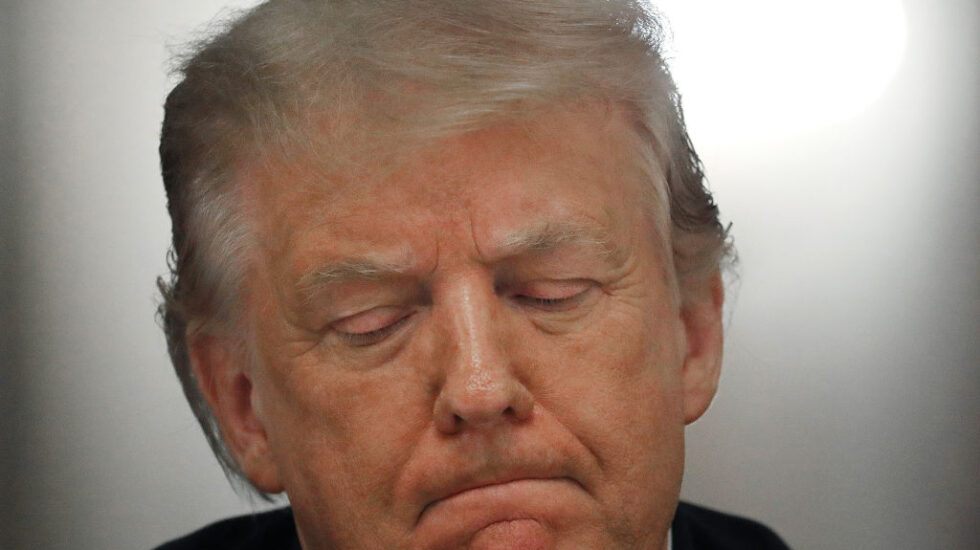Even as President Trump continues to be treated for Covid-19 at the White House after spending three days at Walter Reed Medical Center, a previous health mystery has returned to the headlines.
During Trump’s surprise visit to Walter Reed last fall, he required “both physicians and nonmedical staff, most of whom are active-duty military service members,” to sign non-disclosusre agreements (NDAs) before they could be involved in his treatment, reports NBC News, citing “four people familiar with the process.”
That’s unusual: federal law has long prohibited anyone who provides medical services to any American, including the president, from disclosing anything about their health without explicit consent.
So it’s a mystery within a mystery, since the reason for Trump’s November visit to the medical center has never been disclosed.
In a memo written later and released by the White House, the president’s physician, Dr. Sean Conley, blandly called it an “interim checkup” had been “routine.”
NBC’s sources don’t know if NDAs were also required of medical personnel who are dealing with Trump’s current Covid-19 infection.
The network notes that “all personnel assigned to the White House Medical Unit, which treats the president and the vice president day to day, are required to have special “Yankee White” security clearance. To obtain the clearance, they must be U.S. citizens and undergo extensive background checks.”
Arthur Caplan, director of medical ethics at New York University’s school of medicine, told NBC that “ethically and legally … you can ask for an NDA, but you don’t need one.”
“It’s more redundant than unethical. The presumption is privacy first,” he said.
Which underscores the big question: why does Donald Trump think he needs NDAs from everyone? What’s his secret?
